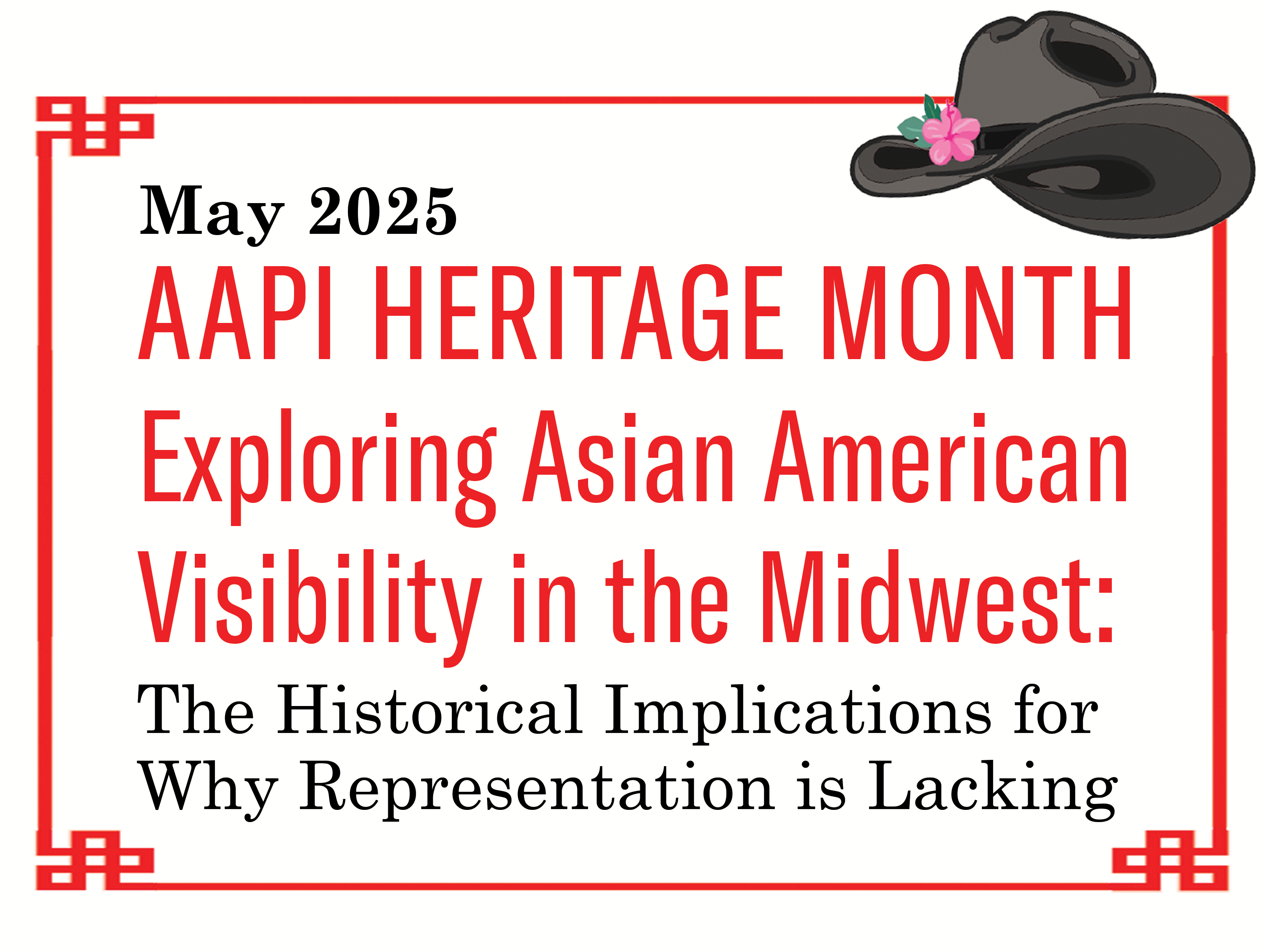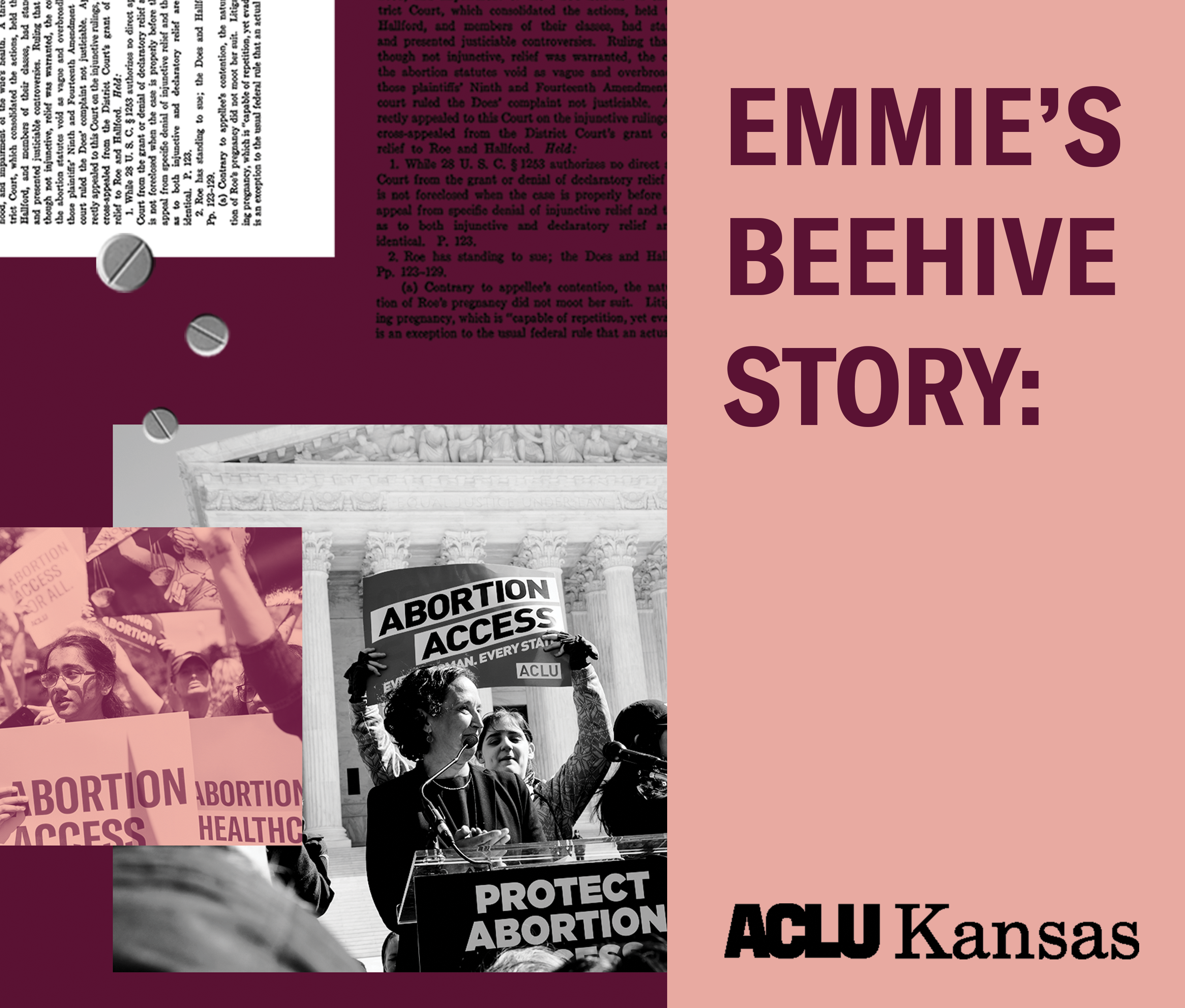CoreCivic claims repeatedly it will have a provision "strictly prohibiting the release of detainees into the community" from its Midwest Regional Reception Center in Leavenworth. However, this statement demonstrates CoreCivic's fundamental disregard for the rule of law. Such a representation is legally unenforceable in every respect.
CoreCivic cannot make these broad policy commitments in how all detainees in their "care" will be treated without ignoring basic due process and court orders in individual cases. For example, CoreCivic cannot continue to hold immigrants who have been granted release or legal status in the United States. CoreCivic does not have the authority to make any determination for detainees' release terms across the board before their facility is even open. If CoreCivic continues to make this promise, we can be sure that what CoreCivic really intends to do is flout our constitution's guarantees of protection to all people on American soil.
Furthermore, CoreCivic continues to engage in acts of misrepresentation— here by obscuring the fact that the majority of immigrants detained by ICE are not dangerous and have no history of violent crime and are facing civil charges, not criminal ones.
Once again, as the Leavenworth community is more than familiar with by now, CoreCivic demonstrates a complete disregard for human rights and for the law, from federal statutes to city ordinances. This corporation quibbles in court with the City over the permitting process, while making overtures at working together, but its actions show complete disrespect for the City's governance over its own land.
CoreCivic is engaged in a shameless sales pitch and opportunism. It has hitched itself to the most brazenly illegal policies of this presidential administration, and all of that comes at the cost of families inside and outside of their facility in Leavenworth and across the country.
Date
Thursday, June 19, 2025 - 11:15am
Show featured image
Hide banner image
Related issues
Immigrants' Rights
Show related content
Pinned related content
We Cannot Trust CoreCivic to Keep Anyone Safe — in Leavenworth or Anywhere Else
ACLU of Kansas reminds Leavenworth County Commission of CoreCivic’s horrendous human rights track record
Tweet Text
[node:title]
Type
Menu parent dynamic listing
Show PDF in viewer on page
Style
Standard with sidebar
Show list numbers
Author
Esmie T.
May is Asian American and Pacific Islander Heritage Month and an opportunity to reflect on underrepresentation of AAPI people in media depictions of the Midwest, most recently ignited by Yao and Li Jun Li's performances in Ryan Coogler's "Sinners" (2025).
Despite existing in the Midwest for hundreds of years, Asian American Midwesterners are broadly invisible, and our stories are severely underrepresented. Today, Asian Americans and Native Hawaiian Pacific Islanders are two of the Midwest’s fastest growing racial groups (Asian Americans Advancing Justice, 2012). We’ve been here, you just might not have known.
There are historical implications we can look at that point to some of the systemic reasons as to why Asian American representation is lacking in Kansas. The 1886 Chinese Ouster Attempt in Wichita illustrates the nationwide outlook on Asian immigrants at the time. In 1886, amid a national wave of anti-Chinese sentiment and “Yellow Peril”, the city of Wichita attempted to oust their local Chinese community members through boycotts, retaliatory journalism, and even violence. Despite it all, the small Chinese community in Wichita, Kansas continued to expand their communities and businesses: “The Chinese of Wichita, no matter how much of a perceived threat, did not ‘go away.’ The number of Chinese laundries actually increased to twelve in the 1887 city directory listings following the boycott and intimidation attempts.” (Julia Courtwright, “A Slave to Yellow Peril: The 1886 Chinese Ouster Attempt in Wichita, Kansas”, 2002). The active and growing Chinese population in Wichita, Kansas coupled with the instatement of organizations like the Wichita Chinese Association and the Wichita Asian Association reflect the resiliency of Asian American Midwesterners' ability to not only survive, but thrive despite hate, racism, and xenophobia.
Asian Americans have hundreds of years of experience living in the Midwest, yet disparities continue to persist when it comes to accurately reflecting the realities of the Asian American Midwest experience. Asian Americans are the least likely to fill out their census form and are most concerned their answers will be used against them. Largely due to language barriers, distrust in government and technology, and fears regarding anti-immigrant agendas getting ahold of private personal information, Asian American communities especially in the Midwest have a long history of examples to feel distrust in major institutions. Disparities in census data directly affect how billions of dollars in federal funding are dispersed and who/where gets translated voting materials, and “the more accurately that we can describe the need of our community ... the better we’re able to access the dollars that we need” (Chris Fuchs, "For Asian Americans in the Midwest, the census is a new — and difficult — challenge", 2019). The palpable fears of Asian Americans in the Midwest that persist today are obstacles that threaten to stifle the free expression of our communities in the media. The impact of our presence in census data directly affects how our voices are heard at the polls, or how our faces are seen in media on our screens.
"There’s a very narrow view of who/where Asian Americans are allowed to be, and it is typically believed to be completely isolated from the standard Midwest experience. But our history is your history. Asian Americans have been in Kansas helping to build and strengthening our communities for hundreds of years. My hope is that we begin to see more Asian American stories come to the forefront as we continue to live and thrive in the Midwest."
Special thanks to artist Thepy Chanthalangsy for partnering with us on this project.
Date
Thursday, May 29, 2025 - 2:00pm
Featured image
Show featured image
Hide banner image
Show related content
Tweet Text
[node:title]
Type
Menu parent dynamic listing
Show PDF in viewer on page
Style
Standard with sidebar
Show list numbers
Author
Alina Matejkowski
With so many organizations clamoring for my time and money following the disastrous 2024 election, I ultimately chose to focus the bulk of my effort with the ACLU of Kansas Beehive. I care deeply about what is happening nationally, but I also believe that ACLU of Kansas’s focus on winnable objectives at the state and local levels provides the best opportunity to have an effect that will ripple outward.
I was fortunate to be raised by parents who believed in inclusivity and fairness. My mom, after witnessing the collateral effects of racism as a child, especially wanted a better world for my siblings and me. My eighth grade social studies teacher used a wide variety of materials to help us learn the historical implications of social injustice. Thanks to their influence, I have been involved with social justice organizations since my late teens.
After the 2016 election my efforts were almost always reactive and fueled by rage and despair. I attended a lot of protests, wrote to my senators and U. S. representative, and spent too much time on social media. I cheered the ACLU of Kansas as they fought voter suppression by our then Secretary of State, but I limited my involvement to making small financial contributions. I also attended Election Protection training but didn't commit to serve at a polling place.
Around the 2024 election, I was feeling nervous but energized. I took a shift as an Election Protection monitor and actually enjoyed greeting voters. Near the end of my shift, I was able to assist a voter who had moved to another city within the same county during the past year and was only allowed to cast a provisional ballot. I identified myself as a volunteer for the ACLU and felt proud when she confirmed that our purpose was to make sure eligible people were allowed to vote.
On November 6, I felt furious, disheartened, and physically ill. I knew I couldn’t spend the next four years sustaining the rage-fueled, scattershot approach I’d taken eight years ago but I also knew that sitting out wasn’t an option. With some reluctance, I attended an online meeting to learn about the ACLU of Kansas's Firewall for Freedom and was intrigued by their proactive approach of targeting key counties with winnable objectives which, if won, will make life better for all Kansans. I was nervous when asked to meet with my County Commissioner on expanding language access at the polls, but the values of fairness and inclusivity my parents instilled made me push past my discomfort. When my County Commissioner didn’t respond to my email, I sent a second one, followed by a voicemail, which finally resulted in an in-person meeting scheduled for later this month.
One of my proudest moments as a Kansan was in August 2022, when the Vote NO campaign to protect abortion rights succeeded beyond my wildest dreams. Looking ahead, I’m hopeful that the 2026 Vote NO campaign regarding the judicial selection amendment will restore the same hope and pride back to our state.
Date
Monday, May 12, 2025 - 10:45am
Featured image
Show featured image
Hide banner image
Show related content
Tweet Text
[node:title]
Type
Menu parent dynamic listing
Show PDF in viewer on page
Style
Standard with sidebar
Show list numbers
Pages

